I bought my first Buzzcocks record by mistake. In the disco a few nights earlier, I’d pogoed enthusiastically to ‘Rockwrok’ by Ultravox, without knowing what or who I was pogoing to. Confusing ‘Buzzcock’ for ‘Rockwrok’ in the punk section of the store, I bought ‘What Do I Get?’. I didn’t know what I’d got, but once I got home, I knew it wasn’t Rockwrok. The B-side, ‘Oh Shit!’, summed up my mood perfectly.
My disappointment soon turned to satisfaction. The record I’d got was brilliant and over the next couple of years I’d buy all Buzzcocks’ other records, the sheet music for ‘Another Music in a Different Kitchen’, and I subscribed to their fanzine. I wanted to write songs like Shelley did. But I soon realised that if I were to do that, I would have to become not just a punk, but a poet and a philosopher too.
Shelley, whose pre-Buzzcocks name was Peter McNeish, once said that he assumed his new name because Shelley was what his parents would have called him if he was a girl. But it would do no harm to share names with a great Romantic poet. Shelley’s songs, like the Romantic’s poems, are all about being true to feeling. And for both the feeling that matters most, the one it matters most to be true to, is love.
Much of Shelley’s genius lay in the potential he saw in punk to give expression to the joys, disappointments, seductions, anxieties, and redemptive promise contained in the experience of romantic love. Later songs such as ‘I’ve Had Enough’ are just as effective in doing this as early classics such as ‘Fiction Romance’ and ‘Love You More’. Shelley’s most famous song, ‘Ever Fallen in Love (with Someone You Shouldn’t’ve)’, has a catchy chorus but it is unmistakably punk and unsentimental. The wall of sound of the opening C# minor chord, played loud, is a real challenge to the ear – much more challenging than the major chords that open other punk classics such as ‘Anarchy in the UK’ or ‘White Riot’ – and elicits a sense of foreboding. It wouldn’t be too far a stretch to think of it as the Tristan chord of punk. Ever fallen in love with someone you shouldn’t ‘ve, Isolde the girl next door?
___
"We begin with a doubt about the reality/illusory appearance of a particular love feeling, and in the course of reflection we find ourselves questioning the whole basis of our existence"
___
I discovered from the fanzine that H.G Wells and D.H. Lawrence were amongst the Buzzcocks’ favourite authors. I was soon reading them avidly, both their novels and non-fiction work. I learned from this reading that the task of being true to one’s feelings, of not making do with sham or superficial or pre-packaged expressions of them, was not just a matter for poets and songwriters, but all us folk. It was not, fundamentally, an aesthetic challenge, but an ethical and existential one: an injunction to live a fuller, more vividly and authentically felt life. Such a life, it seemed, would be very different to the kind of life my education up that point had prepared me for. But it was one whose appeal was reinforced by listening as a teenager to Buzzcocks.







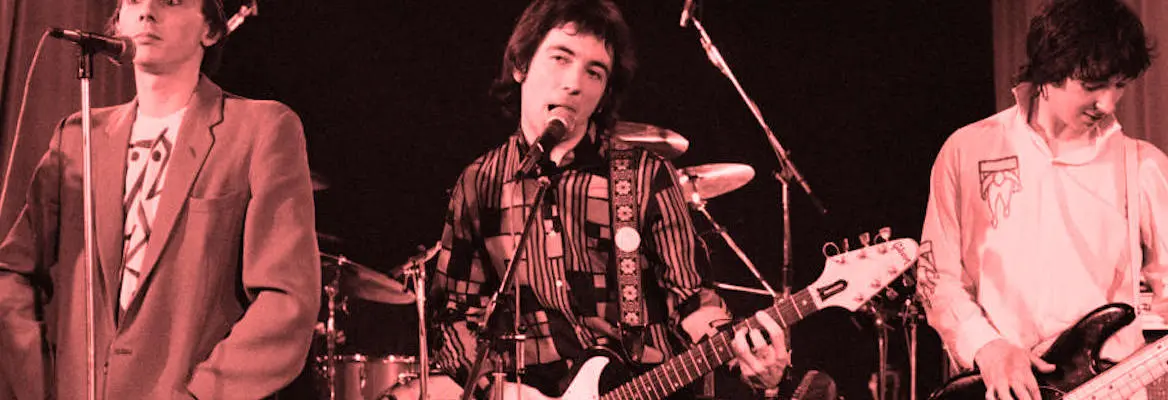



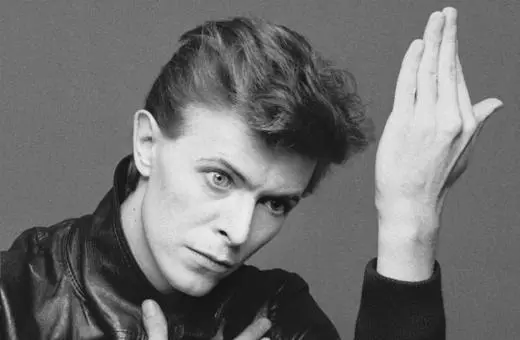
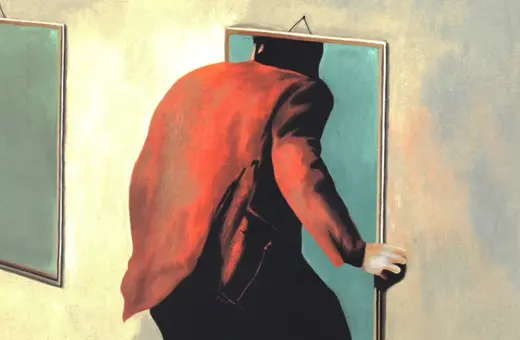
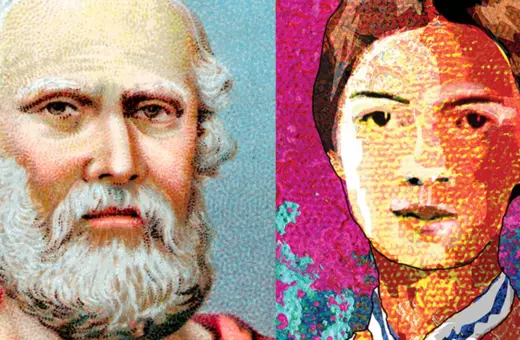

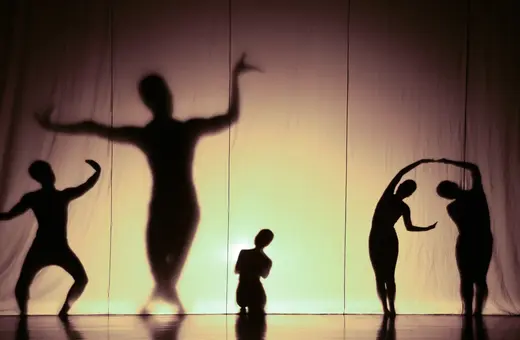

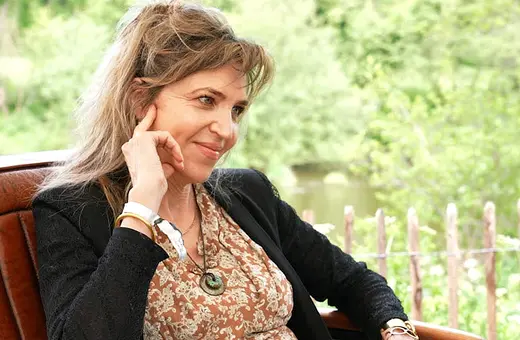



Join the conversation